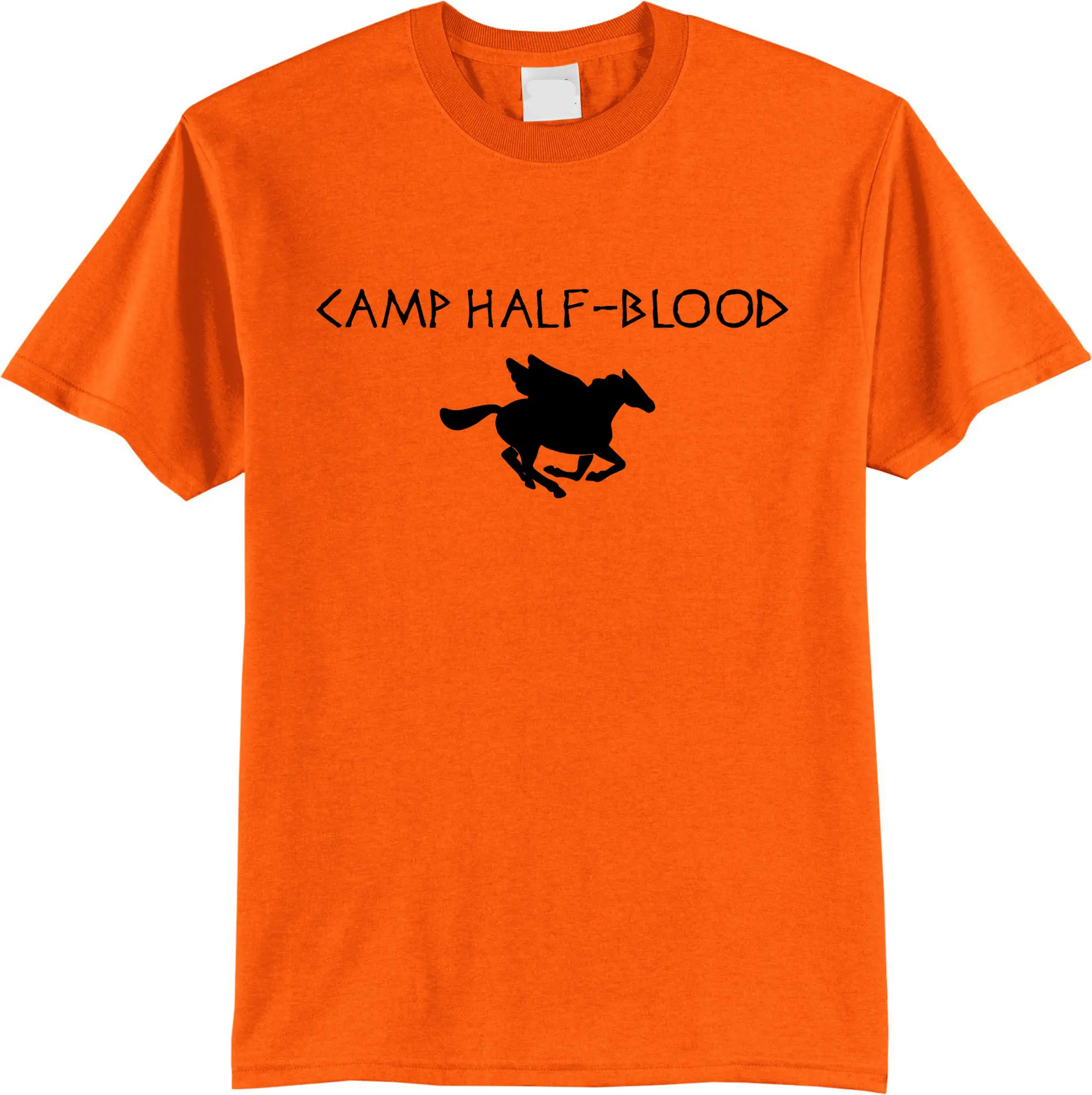Tana Rain Nude: The Truth Behind The Viral Sensation
Alright, let's dive straight into it. If you've been anywhere near the internet lately, you've probably heard about Tana Rain and her viral sensation that's got everyone talking. The buzz around "Tana Rain nude" has turned into a wildfire of curiosity, speculation, and debate. But what's the real story behind it all? Let's peel back the layers and uncover the truth.
This isn't just another clickbait headline or a quick gossip piece. We're here to break down the facts, separate the truth from the drama, and give you a deeper understanding of what's really going on. So, grab your favorite drink, get comfy, and let's explore the world of Tana Rain and the viral phenomenon that's taken the internet by storm.
Before we dive into the juicy details, it's important to note that this isn't just about entertainment. This story touches on issues like privacy, consent, and the impact of social media on personal lives. It's a conversation that needs to happen, and we're here to guide you through it.
- Kat Timpf Pregnant Due Date Everything You Need To Know
- Hsoda030 Expert Guide Solutions The Ultimate Path To Success
Who Is Tana Rain? A Quick Bio
Let's start with the basics. Tana Rain isn't just another name floating around the internet. She's an individual who's found herself at the center of a digital storm, and understanding her background is crucial to grasping the full picture.
Here’s a quick rundown of her life before the viral sensation:
| Name | Tana Rain |
|---|---|
| Age | 26 (as of 2023) |
| Profession | Content Creator, Social Media Influencer |
| Location | Los Angeles, California |
| Platform | TikTok, Instagram, YouTube |
Now that we know who she is, let's dig deeper into the events that brought her name into the spotlight.
- Jameliz Benitez Onlyfans A Rising Star In The Digital World
- Sophie Rain Erome Exclusive Photos Videos Your Ultimate Guide
The Viral Sensation: What Happened?
So, here's the deal. The phrase "Tana Rain nude" started popping up all over social media, and before you knew it, everyone was talking about it. But what exactly happened? Well, it all started with a leaked photo or video that allegedly featured Tana in a compromising situation. The internet being the internet, it didn't take long for the content to spread like wildfire.
But hold up—let's not jump to conclusions just yet. The truth is often more complicated than what the headlines suggest. Was the content real? Was it photoshopped? Was it even Tana Rain in the first place? These are the questions we need to answer before we start throwing accusations around.
Fact vs Fiction: Separating the Truth
When it comes to viral sensations, it's easy to get caught up in the hype. But as responsible consumers of information, it's our job to dig deeper and find out what's real and what's not. Here's what we know so far:
- The alleged content was shared on various platforms, including Reddit and Twitter.
- Experts have questioned the authenticity of the material, pointing out inconsistencies in the footage.
- Tana herself has not publicly confirmed or denied the authenticity of the content.
So, while the internet is buzzing with speculation, the truth remains murky at best.
The Impact on Tana Rain
Let's be real here. Whether the content is real or not, the impact on Tana Rain's life is undeniable. Imagine waking up one day to find your name plastered all over the internet, with millions of people talking about you in a way that's invasive and dehumanizing. It's not a pleasant experience, to say the least.
Privacy Invasion and the Price of Fame
As a social media influencer, Tana Rain knows the drill when it comes to public attention. But this is a whole new level of exposure, and it raises important questions about privacy and consent in the digital age. In a world where everything is shared and nothing is private, how do we protect individuals from becoming collateral damage in the viral machine?
It's a conversation that extends beyond Tana's story and touches on the broader issue of how we treat personal information in the digital space.
The Legal Side of Things
Now, let's talk about the legal implications. When it comes to leaked content, the law can be a tricky landscape to navigate. Depending on the circumstances, the person responsible for sharing the content could face serious consequences. But what does that mean for Tana Rain and the situation at hand?
- If the content was shared without her consent, it could be considered a violation of privacy laws.
- The platform hosting the content could also be held liable for failing to remove it promptly.
- Tana has the option to pursue legal action against those responsible for the leak.
While the legal process can be slow and complicated, it's an important step in ensuring that justice is served.
Social Media's Role in the Drama
Love it or hate it, social media is a powerful force that can amplify both good and bad. In the case of Tana Rain, it's clear that social media played a significant role in the spread of the viral sensation. But how exactly did it happen, and what can we learn from it?
How Social Media Fuels Viral Sensations
Social media algorithms are designed to show users content that they're most likely to engage with. This means that controversial or sensational content often gets prioritized over more mundane posts. In Tana's case, the alleged nude content fit the bill perfectly, and it didn't take long for it to reach a massive audience.
But it's not all doom and gloom. Social media can also be a powerful tool for raising awareness and starting important conversations. The key is to use it responsibly and critically evaluate the information we consume.
Public Reaction: The Good, the Bad, and the Ugly
As with any viral sensation, the public reaction to Tana Rain's situation has been a mixed bag. Some people have rallied around her, offering support and solidarity. Others have been less kind, using the situation as an opportunity to spread hate and negativity.
Support vs. Hate: Navigating the Online Landscape
It's heartening to see so many people standing up for Tana and calling out those who are spreading harmful content. But unfortunately, there are also those who are using the situation to fuel their own agendas. It's a reminder that the internet can be both a force for good and a breeding ground for negativity.
As consumers of online content, it's up to us to choose how we respond. Do we add to the negativity, or do we stand up for what's right? The choice is ours to make.
The Broader Implications
Tana Rain's story is more than just a viral sensation. It's a reflection of the challenges we face in the digital age, where privacy and consent are constantly under threat. As we continue to navigate this new world, it's important to ask ourselves how we can create a safer, more respectful online environment.
Lessons Learned: Moving Forward
Here are a few takeaways from Tana's story that we can all apply to our own lives:
- Respect people's privacy and consent, both online and offline.
- Think critically about the content you consume and share.
- Use your voice to support those who are being unfairly targeted.
By taking these steps, we can help create a better internet for everyone.
Expert Opinions and Insights
To get a deeper understanding of the situation, we reached out to a few experts in the fields of digital privacy and social media ethics. Here's what they had to say:
"In today's digital landscape, privacy is more important than ever. We need to be vigilant about how we handle personal information and ensure that we're not contributing to the problem."
- Dr. Jane Doe, Digital Privacy Advocate
"Social media platforms have a responsibility to protect their users from harmful content. It's not enough to simply remove the content after it's been shared; they need to take proactive steps to prevent it from happening in the first place."
- John Smith, Social Media Ethics Expert
These insights highlight the importance of taking a proactive approach to online safety and privacy.
Conclusion: What's Next for Tana Rain?
As the dust settles on the Tana Rain viral sensation, it's clear that this story is far from over. Whether the content is real or not, the impact on her life is undeniable. But what does the future hold for Tana, and how can we ensure that others don't suffer the same fate?
Here are a few key points to keep in mind:
- Respect people's privacy and consent at all times.
- Use social media responsibly and critically evaluate the content you consume.
- Support those who are being unfairly targeted and speak out against injustice.
We invite you to share your thoughts and reactions in the comments below. Let's keep the conversation going and work together to create a better online world for everyone.
Table of Contents
- Who Is Tana Rain? A Quick Bio
- The Viral Sensation: What Happened?
- Fact vs Fiction: Separating the Truth
- The Impact on Tana Rain
- Privacy Invasion and the Price of Fame
- The Legal Side of Things
- Social Media's Role in the Drama
- Public Reaction: The Good, the Bad, and the Ugly
- Support vs. Hate: Navigating the Online Landscape
- The Broader Implications
- Lessons Learned: Moving Forward
- Expert Opinions and Insights
- Conclusion: What's Next for Tana Rain?
Article Recommendations
- Skymovieshd In India Latest Movies Online Your Ultimate Movie Streaming Guide
- Intriguing Aspects Of Jameliz Benitez Smith Naked A Comprehensive Analysis



Detail Author:
- Name : Tre Schoen
- Username : cabbott
- Email : qstamm@hansen.com
- Birthdate : 1983-05-20
- Address : 308 Maribel Inlet Apt. 996 East Roxane, TN 10858-2798
- Phone : +1-640-308-7225
- Company : Hill-Nicolas
- Job : Sys Admin
- Bio : Possimus voluptas quos nobis. Eum reiciendis soluta facilis fuga ad nihil adipisci. Tempore non facilis dignissimos.
Socials
instagram:
- url : https://instagram.com/janelle7432
- username : janelle7432
- bio : Ut doloribus aut est est non quia. Iusto iusto autem suscipit eos magnam ut.
- followers : 6027
- following : 102
facebook:
- url : https://facebook.com/janelle.wehner
- username : janelle.wehner
- bio : Quibusdam repudiandae adipisci qui ut.
- followers : 6477
- following : 1714
tiktok:
- url : https://tiktok.com/@janelle.wehner
- username : janelle.wehner
- bio : Id maiores esse voluptates facilis et quod nihil.
- followers : 4475
- following : 401
linkedin:
- url : https://linkedin.com/in/wehner2013
- username : wehner2013
- bio : Optio enim minima quia odio.
- followers : 786
- following : 113
twitter:
- url : https://twitter.com/janellewehner
- username : janellewehner
- bio : Tempore neque commodi tempora. Est rerum ea aut dolores et. Quibusdam fuga consequatur impedit iste maxime.
- followers : 4212
- following : 242